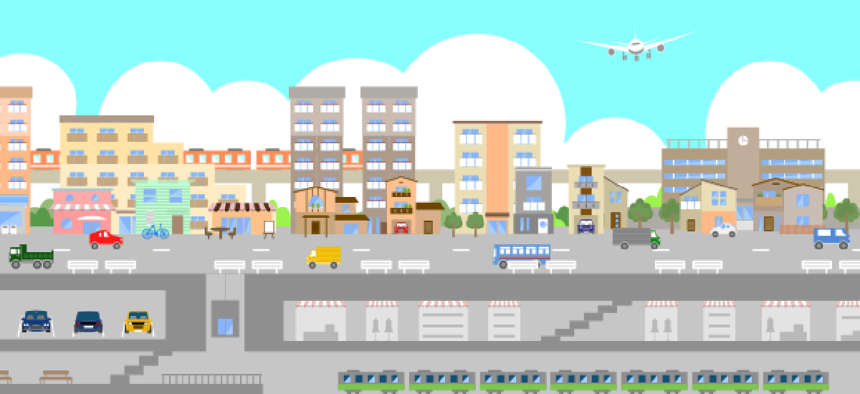7 cities make the cut for Smart City Challenge


Connecting state and local government leaders
The Department of Transportation announced finalists for its Smart City Challenge from the nearly 80 submissions it received.
The Department of Transportation had promised to pick five finalists for its Smart City Challenge from the nearly 80 submissions it received. But when the time came, the department just couldn't decide.
“We chose to select seven finalists instead of five because of their outstanding potential to transform the future of urban transportation,” DOT Secretary Anthony Foxx said in his March 12 announcement at C3 Connected Mobility Showcase at the South by Southwest conference in Austin, Texas.
The challenge aims to advance the integration of innovative technologies -- self-driving cars, connected vehicles and smart sensors -- into a city’s transportation network. The finalist cities are: Austin, Texas; Columbus, Ohio; Denver; Kansas City, Mo; Pittsburgh; Portland, Ore.; and San Francisco.
“The level of excitement and energy the Smart City Challenge has created around the country far exceeded our expectations,” Foxx said.
Additionally, Foxx announced that Amazon Web Services has joined the challenge as a sponsor and will provide solution architecture and best practices guidance to the finalists to help them leverage AWS cloud services for their Smart City solutions.
Each finalist will receive a $100,000 grant to help develop its proposal, as well as access and training for Autodesk’s Infraworks 360 geospatial and engineering building information modeling platform. Additionally, DOT will give each of the seven cities technical support for their proposals though existing partnerships.
The winning city, which will be announced in June, will receive $40 million from DOT; $10 million in support from Vulcan Inc. to deploy electric vehicles and other carbon emission reduction strategies; access to Mobileye’s Shield+ technology collision detection technology for buses; Autodesk’s Infraworks 360; $1 million in credits from AWS and NXP’s wireless communication modules that allow cars to securely exchange data.

NEXT STORY: HHS funds internal innovation projects




